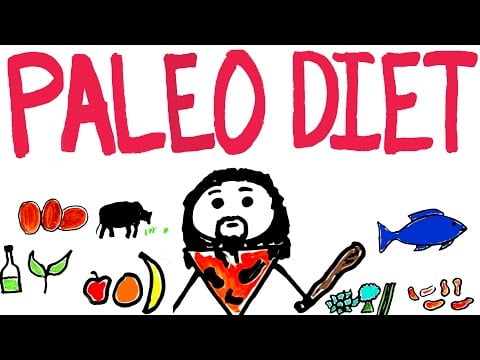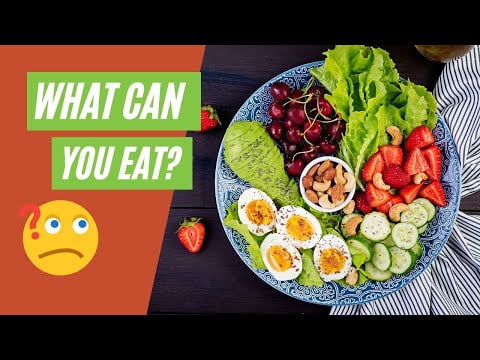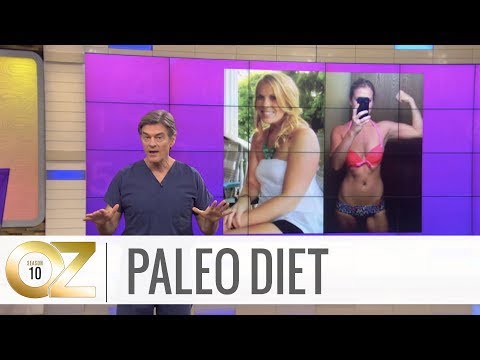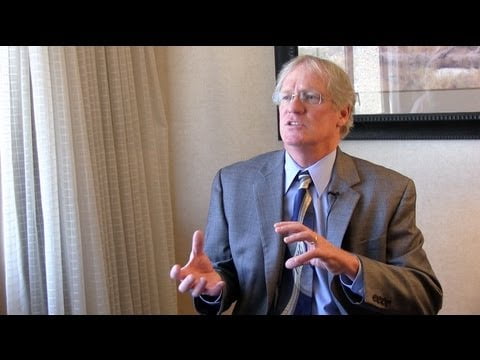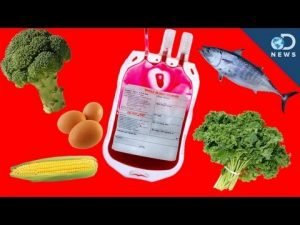The Paleo Diet, often referred to as the “caveman diet” is a contemporary diet designed to mimic the food eaten by our ancestors in the Paleolithic era. Primarily based around predominantly plant based foods such as fruits, vegetables, and nuts, with occasional animal proteins such as wild fish/meats, eggs, and certain fats. It is touted for its weight loss benefits, anti-inflammatory properties, better digestion, and more energy!
The Good: The Paleo Diet consists of nutrient dense wholefoods that are naturally unprocessed and free from refined sugars & unhealthy fats. This means that you will be consuming higher levels of vitamins & minerals while avoiding empty calories found in packaged foods. Additionally, since it focuses on natural sources of protein this type of eating promotes satiety and can help to reduce appetite overall which can result in weight loss without having to count calories or portion control.
The Bad: While realistic healthy results can be achieved on the Paleo Diet it does have its drawbacks. This type of eating excludes several food groups such as dairy & grains which may make it difficult to meet all your essential daily nutrient requirements depending on your body’s specific needs. Additionally, some foods may be difficult to find or too costly – such as grass-fed organ meats or wild caught fish – leaving you open to compromised quality standards.
Overall, the Paleo Diet has its pros & cons depending on an individual’s specific health needs so it is important to do research beforehand if you’re considering trying out this type of eating plan.
